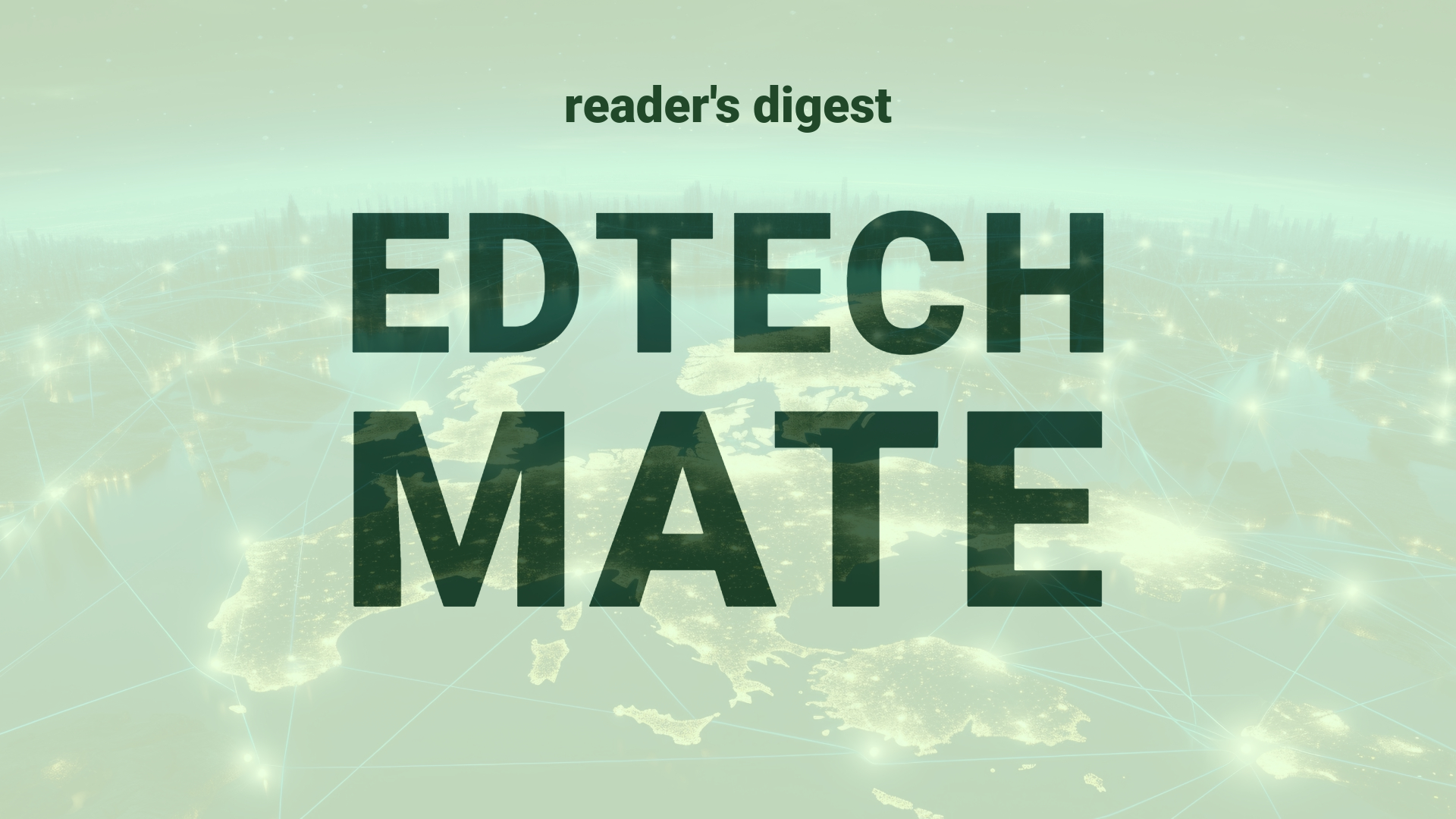Executive Summary and Main Points
The recent case study of Spanish multinational Persán provides significant insights into the realm of industrial transformation and its pertinence to global higher education dynamics. Key innovations include Persán’s ambitious ‘One Billion’ project aimed at reaching €1 billion in turnover while undergoing complete operational transformation. Digital transformation is emphasized, particularly through Persán’s digital workplace initiative, Rapid App Development platforms, and Data Factory encompassing AI strategies. Their pursuit of Industry 5.0 integrates sustainability, human-centric approaches, and resilience, reflecting a shift in educational and organizational leadership towards inclusive, sustainable progress.
Potential Impact in the Education Sector
Adaptation of industry strategies, like those employed by Persán, could significantly impact Further Education and Higher Education by encouraging curriculum development that aligns with Industry 5.0 principles. The focus on multi-factory, multi-product, and multi-client models emphasizes flexible, adaptable learning environments that support diverse student needs and global market demands. In Micro-credentials, the approach could inspire credentials that validate competencies in collaborative digital tools and transversal processes, enhancing employability in a digitally-transformed global economy.
Potential Applicability in the Education Sector
Innovations such as Persán’s ‘digital workplace’ can be mirrored in global education systems to create unified learning platforms accessible from any location, thus fostering international collaboration. Further, the application of AI and data analytics in predictive modeling can be integrated into educational data management, allowing for enhanced student support and tailored learning pathways. Adoption of ‘low code’ development platforms might also enable educators and students to quickly develop educational tools and resources, encouraging problem-solving and coding skills.
Criticism and Potential Shortfalls
While Persán’s model illustrates a successful transformation, its direct transferability to higher education may encounter criticism and shortfalls—cultural and ethical differences can impede global standardization. Real-world case studies reveal disparities in resources and digital access, highlighting the need to address equity in international education. Comparatively, not all educational institutions possess the infrastructure or capital to implement similar technological advancements or may struggle to align rapidly evolving technologies with traditional pedagogies.
Actionable Recommendations
To leverage these technologies in academia, higher education leaders should develop strategic partnerships with industry pioneers to gain insights into effective transformation processes and technological integration. Institutions should explore investment in cloud-based platforms and AI tools that promote flexible learning and administrative efficiencies. Additionally, training programs for educators and administrators on data analytics and AI applications could be crucial in navigating the shifts in global education dynamics induced by digital transformation.
Source article: https://www.cio.com/article/2092034/persan-embraces-industry-5-0-to-manage-organizational-assets.html

